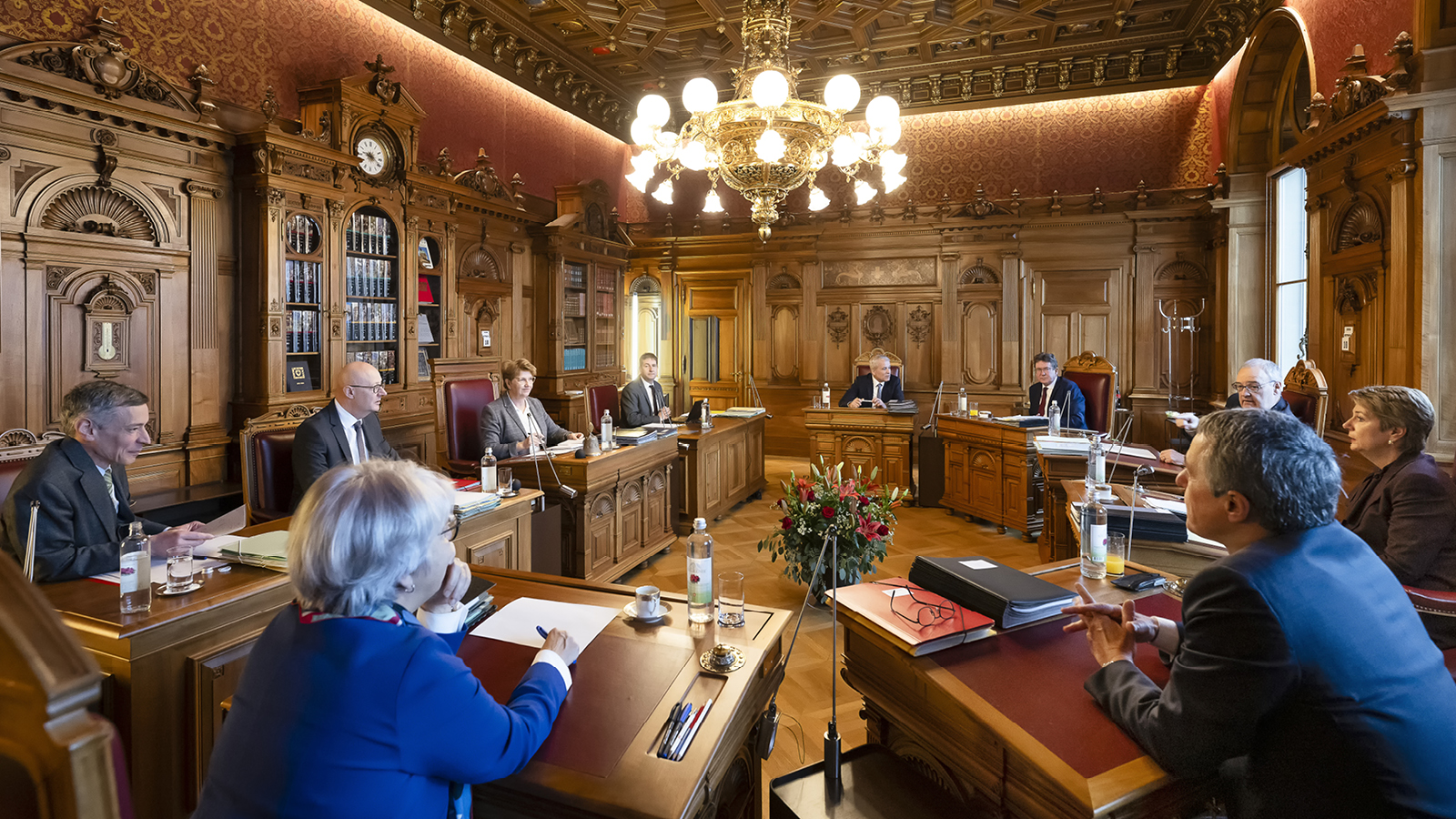
In a recent parliamentary session, Swiss MP Fabian Molina of the Social Democratic Party grilled the Swiss government over its engagement with Sri Lanka regarding human rights violations and the establishment of new mechanisms to address them. In response, the Swiss government stated that it currently has no intention of supporting such a commission.
According to the Swiss government, the Swiss embassy in Sri Lanka, along with the South African and Japanese embassies, has presented a list of proposals to Sri Lankan Prime Minister Ranil Wickremesinghe aimed at building confidence and promoting reconciliation.
The Federal government provided a detailed response, stating that Switzerland supports human rights organisations providing legal assistance to arbitrarily detained individuals and victims of torture in Sri Lankan prisons. They also reiterated their support for the UN Human Rights Council Resolution and called on the Sri Lankan government to cooperate with the "Sri Lanka Accountability Project," tasked with collecting evidence of grave human rights violations in Sri Lanka for potential future accountability mechanisms.
Sri Lanka’s Interim Secretariat for Truth and Reconciliation Mechanism recently presented a draft Reconciliation Bill to the chief monks of the Asgiri and Malwathu chapters. Despite criticism that the bill fails to account for Tamil sentiments, the draft was presented to the Buddhist clergy rather than the affected Tamil communities or civil society. Tamils have rejected the bill and called for an international accountability mechanism. The International Commission of Jurists (ICJ) stated that the proposed Commission for Truth, Unity, and Reconciliation lacks credibility and appears to be a legislative manoeuvre to deflect Human Rights Council scrutiny.
In response to questions about supporting Tamils arrested under anti-terrorism legislation for commemoration events, Switzerland condemned the arbitrary use of the Prevention of Terrorism Act and stated that they address it in bilateral meetings with Sri Lanka.
Fabian Molina, who sits on the Parliamentary Foreign Affairs Committee, questioned Switzerland's support for the "Himalayan Declaration," which had faced criticism from the Tamil community for not consulting Tamils in the homeland. The government clarified that their foreign ministry had made a financial contribution to the "Association for War Affected Women" for a dialogue platform between diaspora representatives and Buddhist monks, leading to the declaration. Switzerland distanced itself from the declaration's outcome, attributing the consultation process to the partner organisation. The “Association for War Affected Women” was founded by Visaka Dharmadasa, an activist who brought the Global Tamil Forum and Buddhist monks together in the widely criticised initiative.
Regarding the deportation of individuals to Sri Lanka despite new reports of torture and deaths in detention, the government stated that all asylum applications are examined case by case. In 2023, 61 people were deported to Sri Lanka, and 21 people voluntarily left Switzerland.
We need your support
Sri Lanka is one of the most dangerous places in the world to be a journalist. Tamil journalists are particularly at threat, with at least 41 media workers known to have been killed by the Sri Lankan state or its paramilitaries during and after the armed conflict.
Despite the risks, our team on the ground remain committed to providing detailed and accurate reporting of developments in the Tamil homeland, across the island and around the world, as well as providing expert analysis and insight from the Tamil point of view
We need your support in keeping our journalism going. Support our work today.
For more ways to donate visit https://donate.tamilguardian.com.

